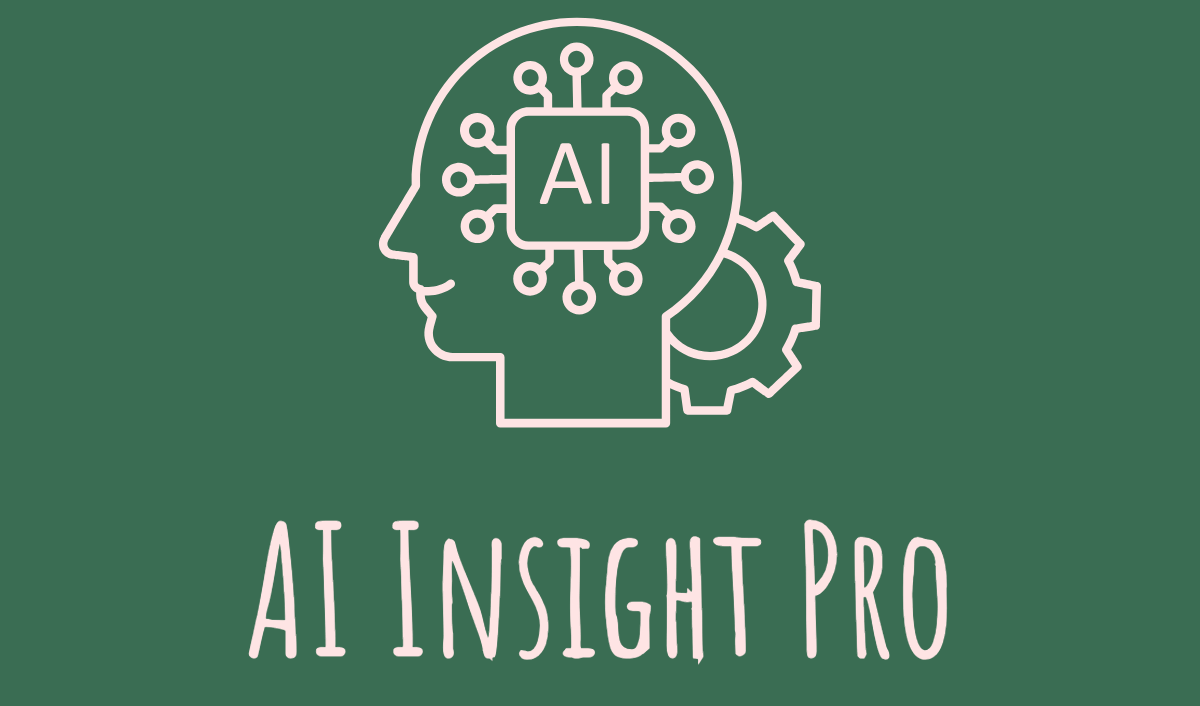In recent years, artificial intelligence (AI) has emerged as a revolutionary force across various industries, but perhaps none more profoundly than healthcare. The integration of AI in healthcare is not just enhancing the efficiency of medical practices but is also paving the way for groundbreaking advancements in patient care, diagnostics, and treatment. This post explores how AI is transforming healthcare, the benefits it brings, and the challenges that lie ahead.
AI in Diagnostics
One of the most promising applications of AI in healthcare is in the field of diagnostics. Traditional diagnostic processes can be time-consuming and prone to human error. AI, however, offers tools that can analyze medical data with incredible speed and accuracy. For example, AI algorithms can examine medical images—such as X-rays, MRIs, and CT scans—to detect anomalies that might be missed by human eyes.
AI systems like IBM’s Watson Health and Google DeepMind have demonstrated remarkable capabilities in diagnosing diseases such as cancer, cardiovascular diseases, and neurological disorders. These systems use machine learning algorithms to learn from vast datasets of medical images and patient records, improving their accuracy over time. In some cases, AI has been able to diagnose certain conditions with greater accuracy than human doctors.
Personalized Treatment Plans
Another area where AI is making significant strides is in the creation of personalized treatment plans. Every patient is unique, and their response to treatment can vary widely based on their genetic makeup, lifestyle, and other factors. AI can analyze a patient’s genetic information alongside other health data to recommend personalized treatment plans tailored to the individual’s specific needs.
For example, AI-driven platforms can analyze a cancer patient’s genetic profile to determine which treatments are most likely to be effective, thereby increasing the chances of success and reducing unnecessary side effects. This level of personalization represents a significant shift from the one-size-fits-all approach that has traditionally dominated healthcare.
Predictive Analytics
Predictive analytics is another powerful application of AI in healthcare. By analyzing historical data, AI can predict future health outcomes and identify potential health risks before they become serious issues. For instance, AI can help predict which patients are at higher risk of developing chronic conditions such as diabetes or heart disease, allowing for early intervention and preventive care.
In hospitals, predictive analytics can optimize operations by predicting patient admission rates, managing staff schedules, and ensuring that resources are allocated efficiently. This can lead to improved patient care and reduced operational costs.
Virtual Health Assistants
Virtual health assistants powered by AI are becoming increasingly popular. These assistants can provide patients with instant access to medical information, remind them to take their medications, and even schedule appointments. Virtual assistants like Babylon Health and Ada Health use AI to interact with patients, answer their queries, and offer medical advice based on the symptoms described.
This not only enhances patient engagement but also reduces the burden on healthcare providers by handling routine inquiries and tasks. Patients can receive immediate assistance without the need to visit a clinic, making healthcare more accessible and convenient.
Challenges and Ethical Considerations
While the potential benefits of AI in healthcare are immense, there are also significant challenges and ethical considerations that must be addressed. One of the primary concerns is data privacy and security. The use of AI in healthcare involves processing vast amounts of sensitive patient data, and ensuring that this data is protected from breaches and misuse is critical.
Another challenge is the potential for bias in AI algorithms. If the data used to train AI systems is not representative of diverse patient populations, the resulting algorithms may be biased, leading to disparities in healthcare outcomes. Ensuring that AI systems are trained on diverse and representative datasets is essential to avoid such issues.
Moreover, the integration of AI into healthcare requires a shift in the mindset of healthcare providers and patients. There is a need for education and training to ensure that healthcare professionals are comfortable using AI tools and that patients trust the technology.

